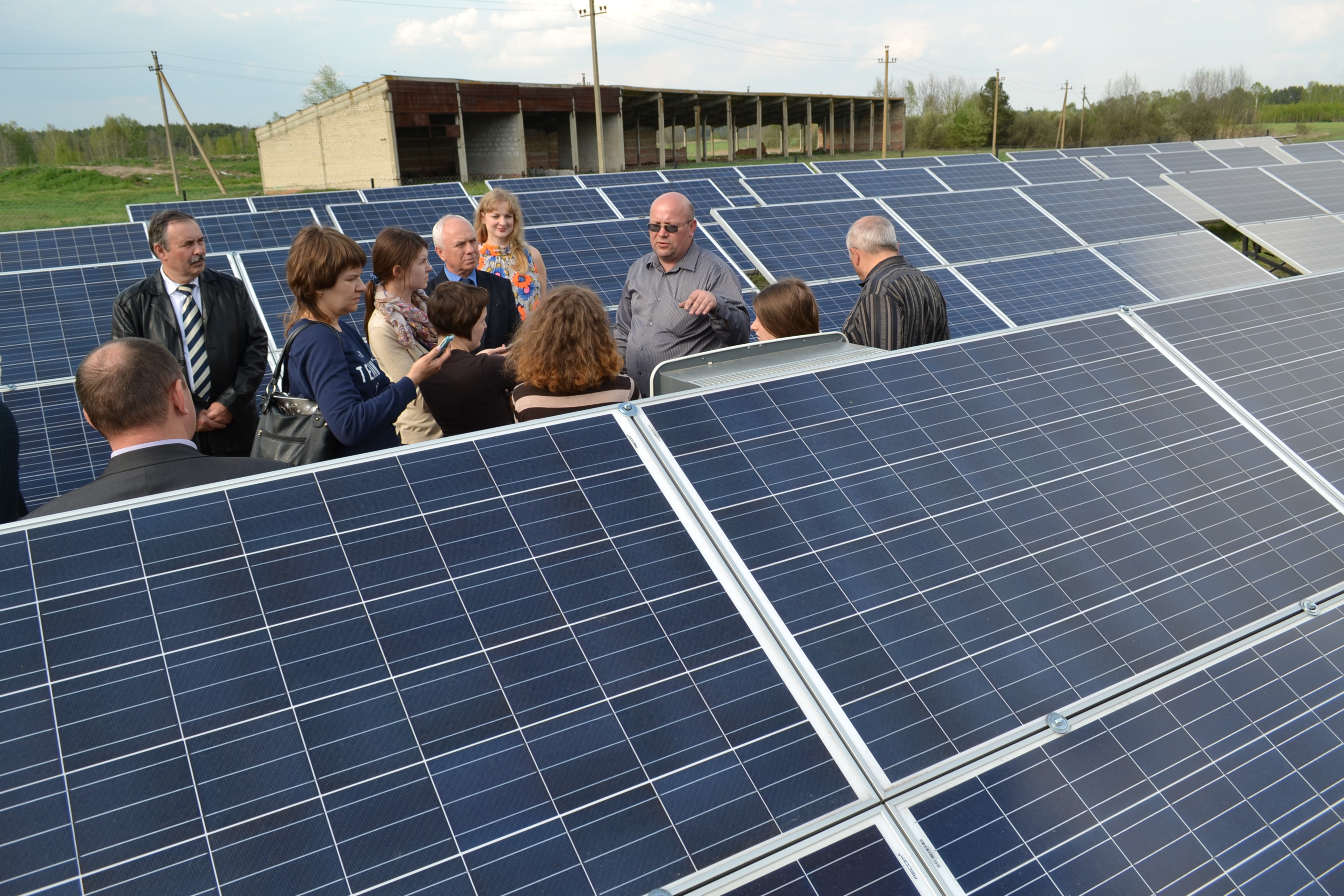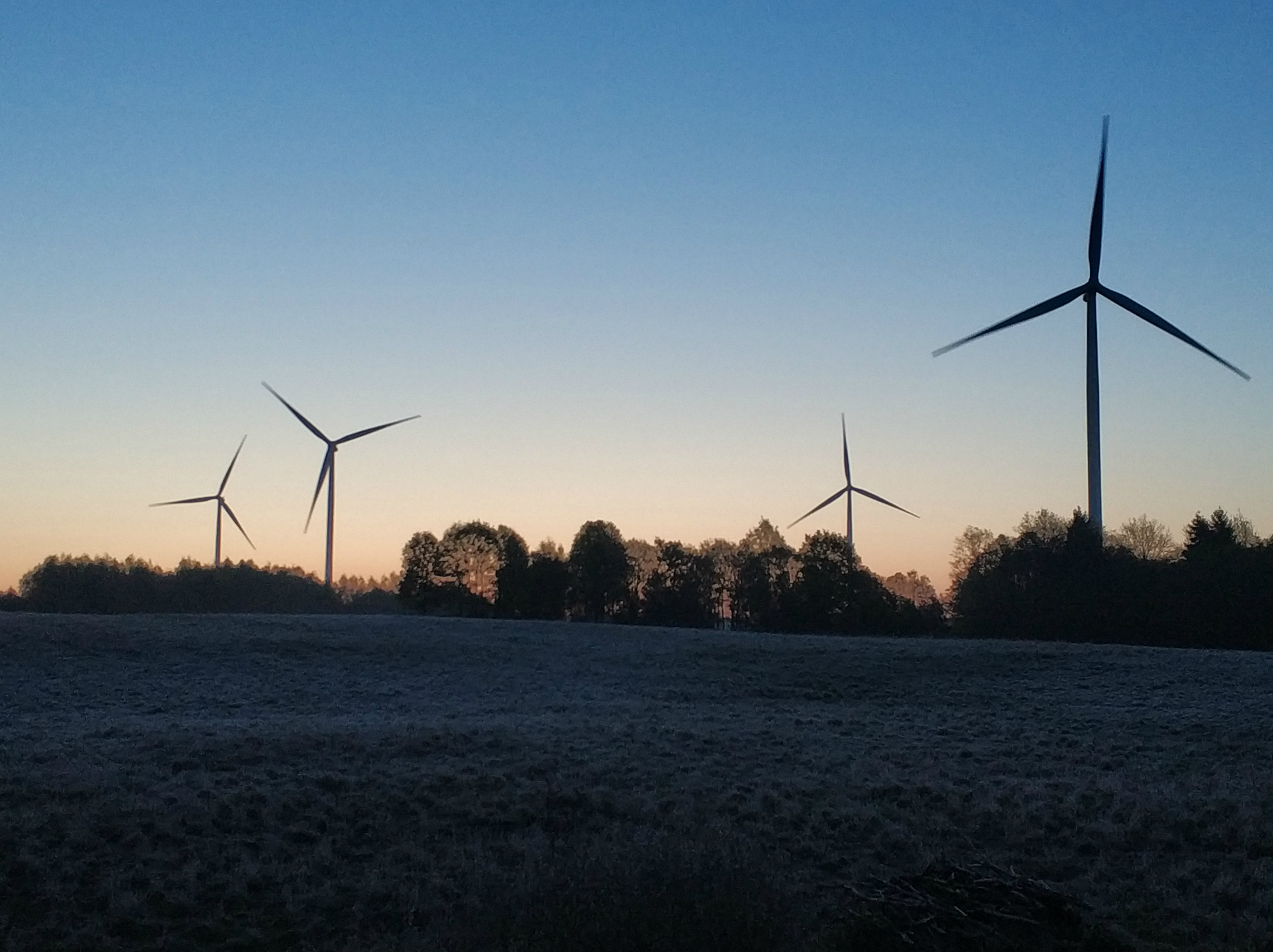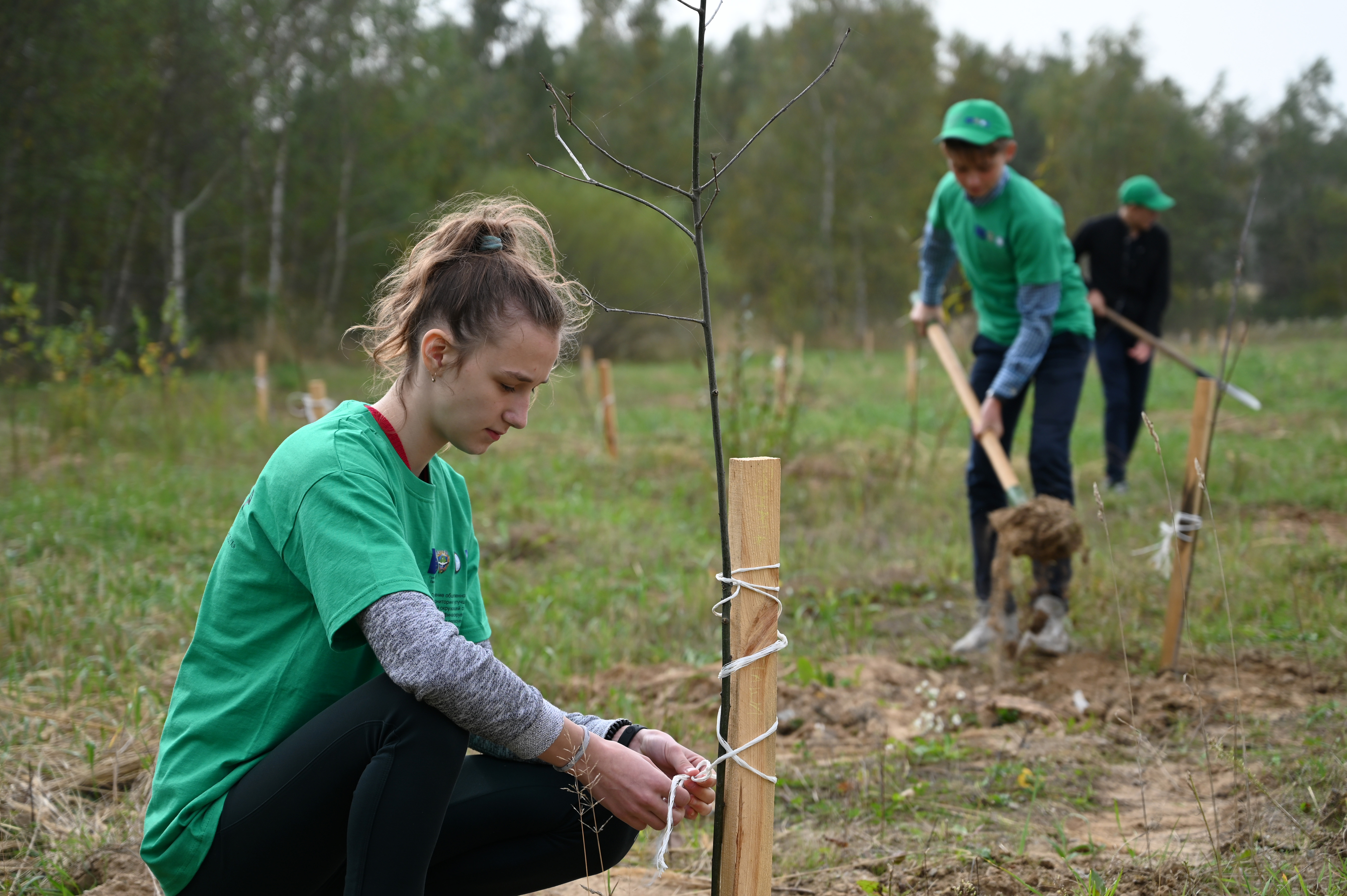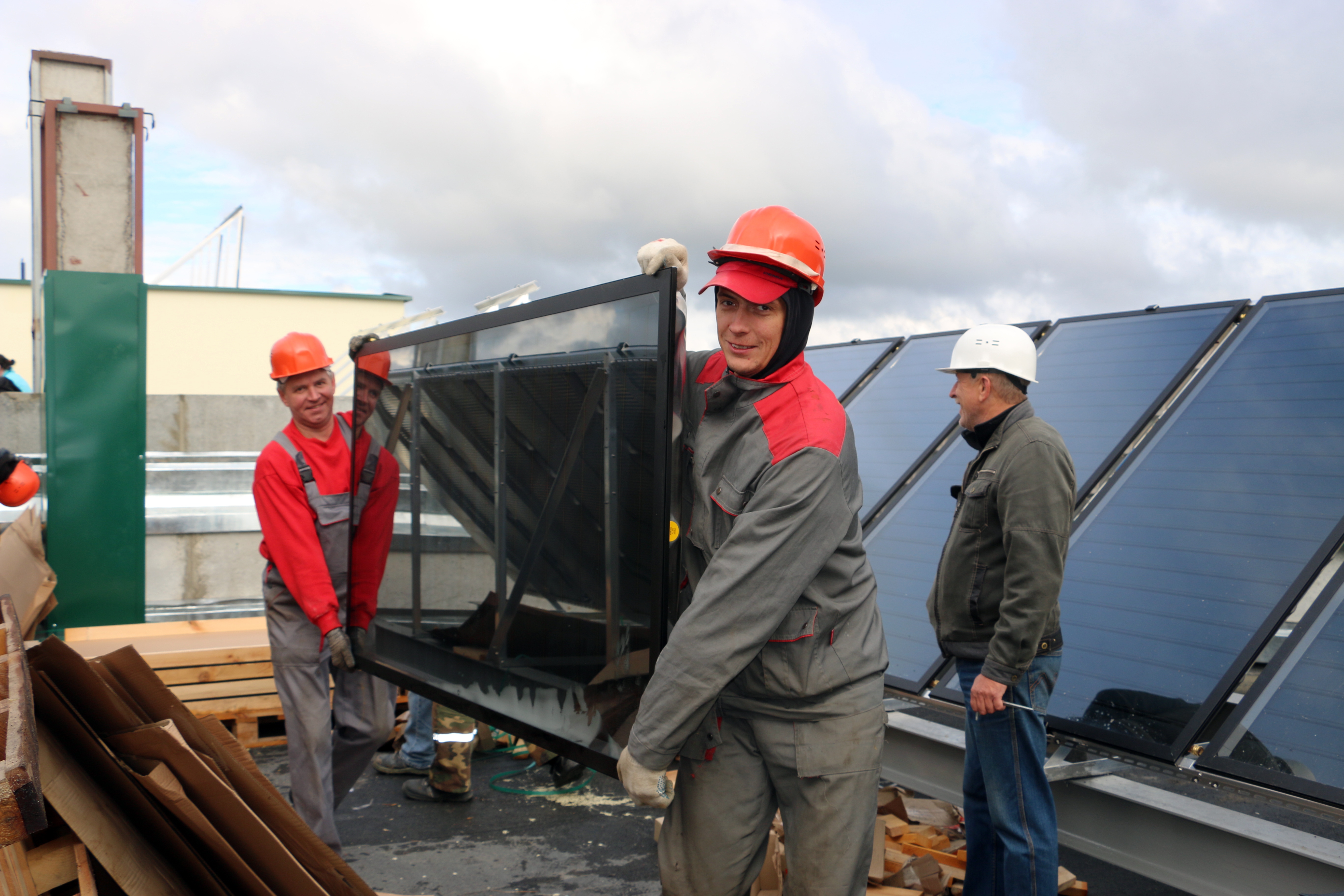Photography: UNDP in Belarus
Sustainable development in times of climate change, including lobbying green economy in Belarus, was in focus at the Council for Sustainable Development today.
With today’s dynamics of development, the mechanism of green growth is an effective tool of sustainable development. UNDP leverages its vast experience in sustainable development and supports Belarus in the following areas.
Firstly, UNDP helps Belarus fulfil its obligations under the Paris Climate Agreement that country signed 5 years ago, committing to reduce greenhouse gas emissions by at least 28% by 2030 compared to 1990 levels. This commitment is stipulated in a so-called Nationally Determined Contribution (NDC). As part of Climate Promise, UNDP encourages Belarus to set an even more ambitious goal for the greenhouse gas emissions reduction, which is to be presented in the second NDC.
Secondly, UNDP works on climate policies and legislation improvement based on the multi-sectorial approach: economic growth stimulation should go hand in hand with the reduction of CO2e emissions and use of natural resources. The ecological footprint of the average consumer in Belarus (4.2 gha) is more than 1.5 times higher than the corresponding global average (2.7 gha). The combination of this indicator with the human development index reflects the minimum conditions for sustainable development and only confirms the need for the transition to low-carbon development.
“Today we will focus on the inclusion of recommendations on low-carbon development of Belarus in the relevant national strategies, plans and programs,” said Alexandra Solovieva, UNDP Resident Representative in Belarus. “We hope that the new National Green Economy Plan will become the basis for close interagency work and cooperation.”
Steps taken towards low-carbon, green and competitive development are part of the Roadmap for SDGs achievement in Belarus. And the recommendations, which are being developed by UNDP together with the Ministry of Natural Resources with the support of the EU and the GEF within climate projects, represent concrete measures for the development of low-carbon strategies in such sectors as energy, industry, transport, agriculture and forestry, construction and waste management. This is especially relevant for energy, including transport, and agriculture, which account for 62% and 24% of greenhouse gas emissions respectively.
One of the most important mechanisms to combat climate change is green economy establishment, which is centred around low-carbon and resource-efficient development. Such economy is more competitive and innovative due to the introduction of digital technologies, green jobs, green finance and other instruments for green transition to sustainable growth.
Photography: Sergei Gapon for UNDP in Belarus
Taking into account a number of advantages of Belarus - a high level of education of the population, a favourable geographical position and climate, a developed transport infrastructure - the transition to a green economy can place Belarus among the leading countries of the world in such areas as ICT, digital economy, education and health, green investments ...
Belarus has already started implementing the concept of a green economy: this year the National Plan for the Green Economy Development for the period until 2020 ends. UNDP experts assessed the implementation of this National Plan and concluded that Belarus has achieved certain success in establishing the principles of a green economy. However, it is necessary to set more ambitious goals and move to a qualitatively new level in the development of a green economy in the next five years.
The government must take the lead in planning and implementing key systemic reforms and actions to ensure the transition to a green economy with the involvement of all partners. It is necessary to actively form market institutions to stimulate supply from green production and demand for green goods and services. Here green investments and new financial instruments seem promising.
Therefore, UNDP is providing expert support in the development of a new national plan for a green economy for the period up to 2025. Importantly, the new document development should introduce best international practices and expertise; ensure engagement of relevant sectoral ministries on embedding green innovations and technologies in production processes based on the principles of the "Green Economy"; promote sustainable tourism; create conditions to support green public procurement and, finally, involve scientific institutions, the private sector and the public concerned.
As part of its new five-year country program, UNDP will continue to provide expert and technical support to promote sustainable development in Belarus.

 Locations
Locations







